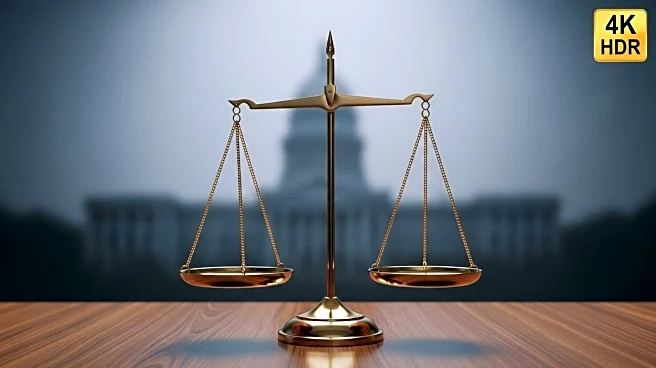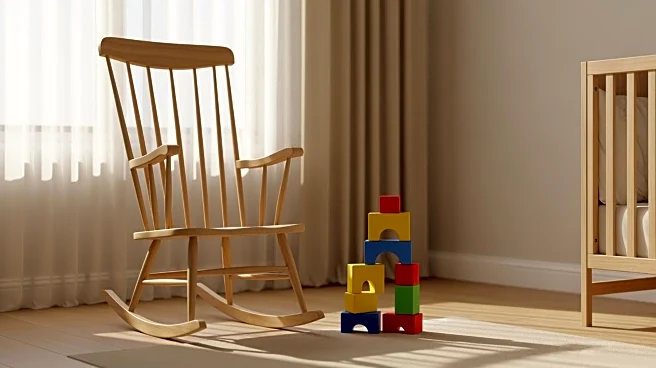What is the story about?
What's Happening?
The U.S. Senate has rejected a stopgap funding bill proposed by congressional Democrats, which aimed to keep the government funded until the end of October. The bill was defeated with 53 Republicans voting against it and 47 Democrats in favor. This proposed funding patch included provisions to extend Affordable Care Act subsidies set to expire at the end of the year. The rejection of this bill raises the possibility of a government shutdown, as the deadline for reaching a funding agreement is imminent. Senate Majority Leader John Thune has introduced a GOP-written continuing resolution to keep the government funded until November 21, but it faces opposition from Democrats who accuse Republicans of taking government funding hostage for partisan purposes.
Why It's Important?
The failure to pass a funding resolution could lead to a government shutdown, affecting approximately 750,000 federal employees who may be furloughed. Essential operations like social security, military duties, and air traffic control would continue, but other services could face disruptions. A prolonged shutdown could have significant economic impacts, potentially slowing growth and eroding public trust. The political stakes are high, with Democrats and Republicans blaming each other for the impasse. The outcome of this funding battle could influence public perception and voter sentiment ahead of future elections.
What's Next?
The Senate is expected to continue voting on funding resolutions, with Republicans pushing their version of the bill. If no agreement is reached, a government shutdown could occur, leading to widespread disruptions. Political leaders from both parties may face pressure to negotiate a compromise to avoid the shutdown. The situation remains fluid, with potential for last-minute deals or further political standoffs.

















